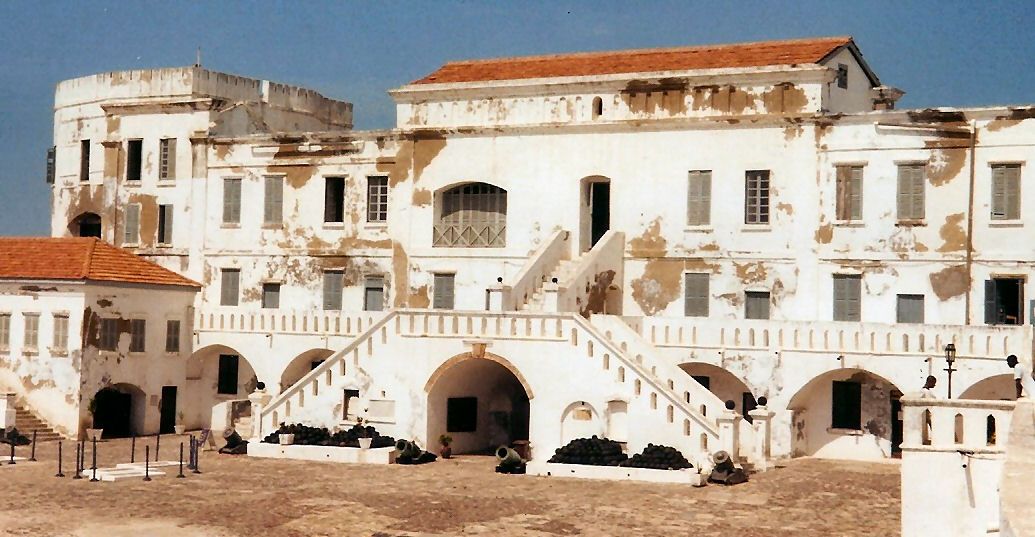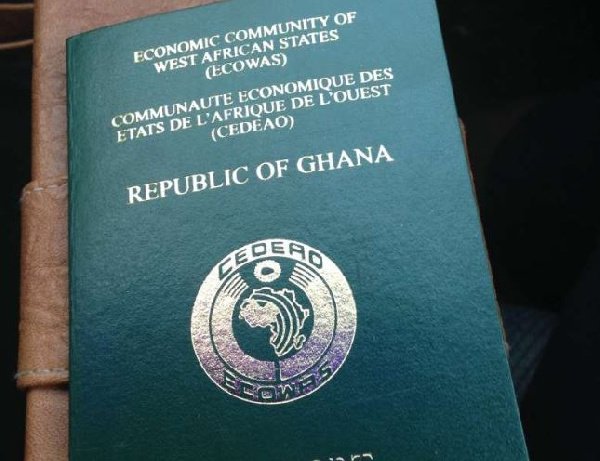Inflation in Ghana has reached an all-time high of 51.2% in July 2023, the highest since 2008. This has led to a surge in the prices of basic necessities such as food, transportation, and energy.
This has put a strain on the Ghanaian people, as the rising cost of living has eroded their purchasing power and made it difficult to make ends meet. This has led to protests against the government’s economic policies.
In August 2023, thousands of people took to the streets of Accra, the capital of Ghana, to protest the government’s economic policies. Protesters accused the government of not doing enough to control inflation and of harming the people.
The Ghanaian government has taken a number of measures to control inflation, including tax cuts on basic food items, subsidies on energy prices, and increases in interest rates. However, these measures have not yet been effective in controlling inflation.
It is estimated that protests could grow and pressure on the government could mount if inflation continues to rise in Ghana. Protesters are demanding that the government take more effective measures to control inflation. The government should take the necessary measures to prevent the protests from growing.
The government could take the following measures to control inflation:
- Increase tax cuts on basic food items.
- Increase subsidies on energy prices.
- Raise interest rates further.
- Implement policies that support production and exports.
- Cooperate with international organizations to fight inflation.




